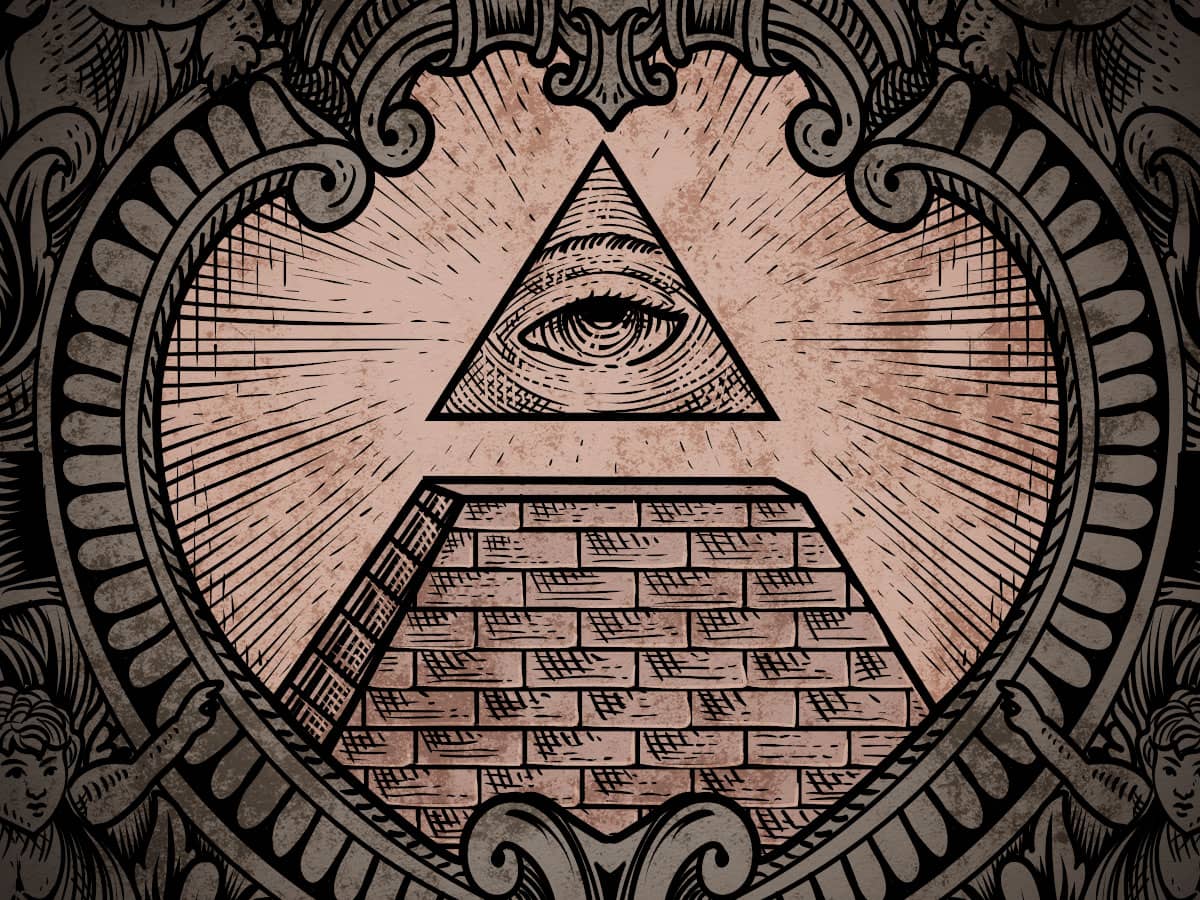Always the same thing on my mind: sound.
Like the first line on the record: "Somewhere in a burst of glory / Sound becomes a song."
That's right. I heard a sound and I wanted to know if it was just an imaginary sound, or could I make it? That was two years ago, in October. By May, we had completed five tracks: "Darling Lorraine," "That's Where I Belong," "Love," "Look at That," and "Hurricane Eye," which we called "Banjo." They didn't have titles, and I hadn't even thought about words. The songs were called things like "C Minor" and "Mystery Train."
That's a good title; somebody should use it.
"Mystery Train" is a good one. I'm always trying to make "Mystery Train"--it's my favorite record. And that's what I mean. You get this sound in your head at some early point in your life and you love it so much. Then you spend your whole career trying to make that sound.
And over the course of that time, you move in and out of it.
Closer to it. It's elusive. There are a lot of different elements that I always thought were part of "Mystery Train." Why does that rhythm work? Why does that emptiness sound so full? Why can you accomplish it all with three instruments? How come there are no drums but it sounds so rhythmic? Those are all interesting questions with very big answers.
You seemed really relaxed onstage during the first night's show in Los Angeles.
I've always been relaxed, but I used to have a completely different theory about what I was supposed to be doing onstage. I had an anti-entertainer mentality. A lot of that came from my reaction to leaving Simon and Garfunkel, because that was more of an entertaining act. I used to talk a lot and be funny, and when I left that, I said, "I'm finished. I don't have any desire to be funny."
Why was that?
I wanted to be a musician, and I didn't want to be an entertainer. It wasn't until I went out [on tour with Bob] Dylan that I started to say, "The audience has a strong desire to be joyous. I'm going to do that. Anyway, why am I out here if not for that?" So after many years, I changed my mind about what the purpose of my performance was.
Do you have any idea why you would change your mind at this particular point in your life?
[Simon's eyes fill up.] I became aware of how grateful I was to be alive and what a blessing it was. I had a great feeling of gratitude and awe. It was a powerful realization, a spiritual thing. I don't want to trivialize it by describing it when you can't describe it.
I can understand that.
It loosed everything up, like, "This is a big old jingling universe, and you're just jingling along with it." I had this thought that the only thing that God requires from us is to enjoy life and love. It doesn't matter if you accomplish anything. You don't have to do anything by appreciate that you're alive--and love. That's the whole point. All the rest of the stuff is. You like to make music? Fine, go ahead. Make sure that if you do that, what people get from it is joy.
When I quit about seven or eight years before that--I didn't announce it, I just quit--I was in the middle of a performance at a benefit, and I said to myself, "I don't know what I'm doing here. This is so bogus. I don't know what the audience thinks I'm doing, but this is an imitation of a musician. I don't want to be that. I'm out."
What brought you to that point?
It was an epiphany. It occurred in the middle of a song: "This is ridiculous."
Do you remember what song it was?
I think it was "You Can Call Me Al."
Extraordinary.
"You Can Call Me Al" is a very powerful song because I've never had any song that came near to its ability to make people get out of their seats and dance.
It sounds as if you've been able to recapture the heart of what it means to be onstage.
The whole performance is about heart. And the realer it gets, the more powerful its impact. The error of heart is sentimentality, just like the error of being cerebral is pretension. Nothing wrong with cerebral, but if you go over the line, you're pretentious, and it's bulls--t. Same with heart. It's from the heart, but all of a sudden it's sappy and you're Judy Garland.

